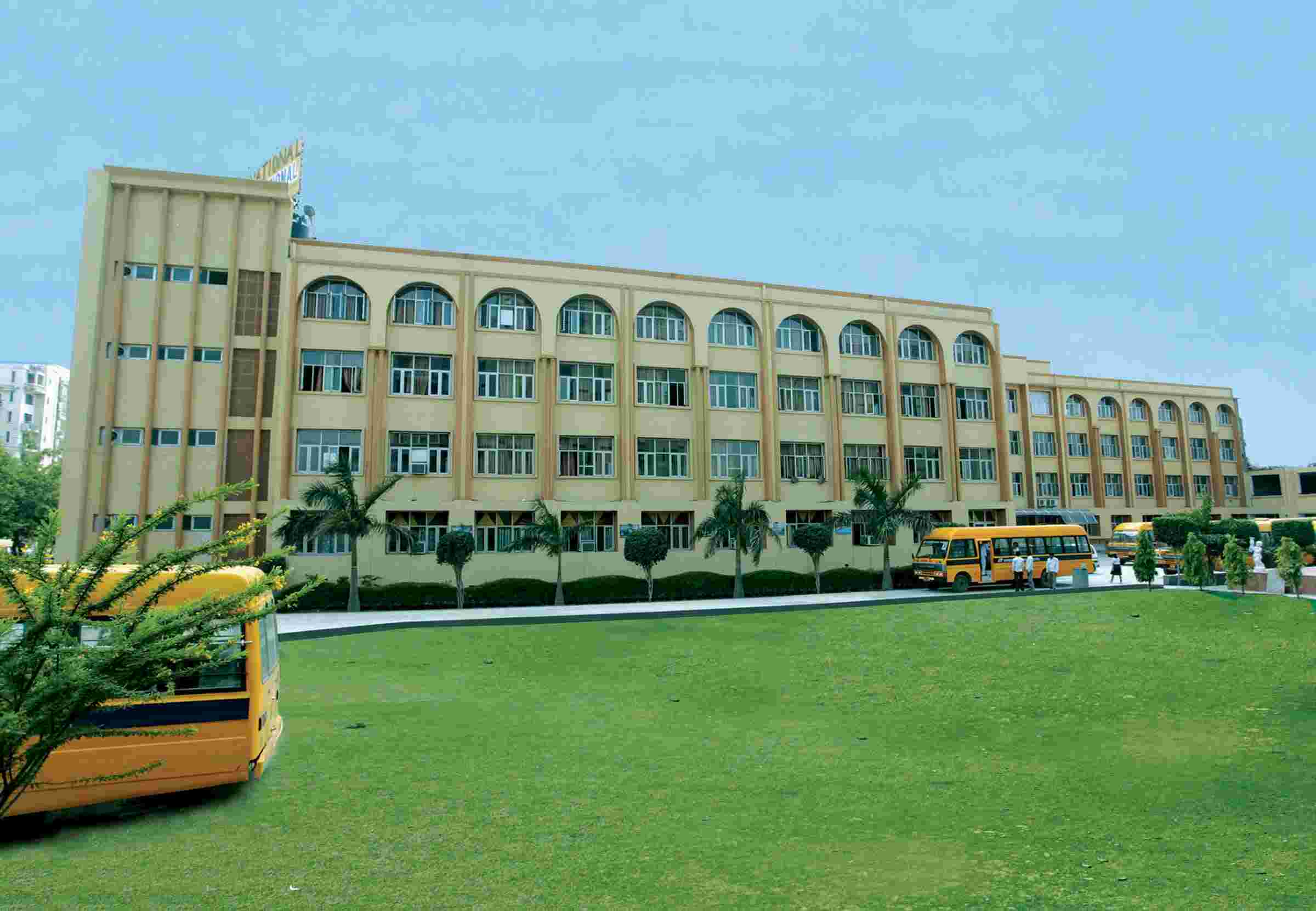
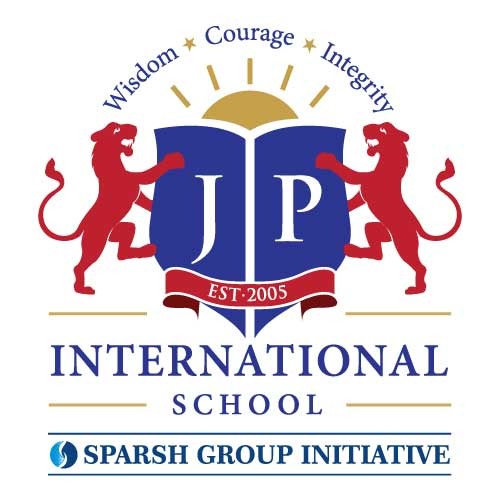
T:+91 7669-933-404
Email: [email protected]
Plot 3A, Sector Omega 1, Near Pari Chowk, Greater Noida, GB Nagar, Pin Code 201308


T:+91 7669-933-404
Email: [email protected]
Plot 3A, Sector Omega 1, Near Pari Chowk, Greater Noida, GB Nagar, Pin Code 201308

In today's dynamic world, the ability to solve problems effectively constitutes a vital life competency beyond academic ability. Strong problem-solving skills enable students to advance through their academic journey, while gaining confidence for future academic and life situations. Practical problem-solving abilities are key skills needed in everyday life.
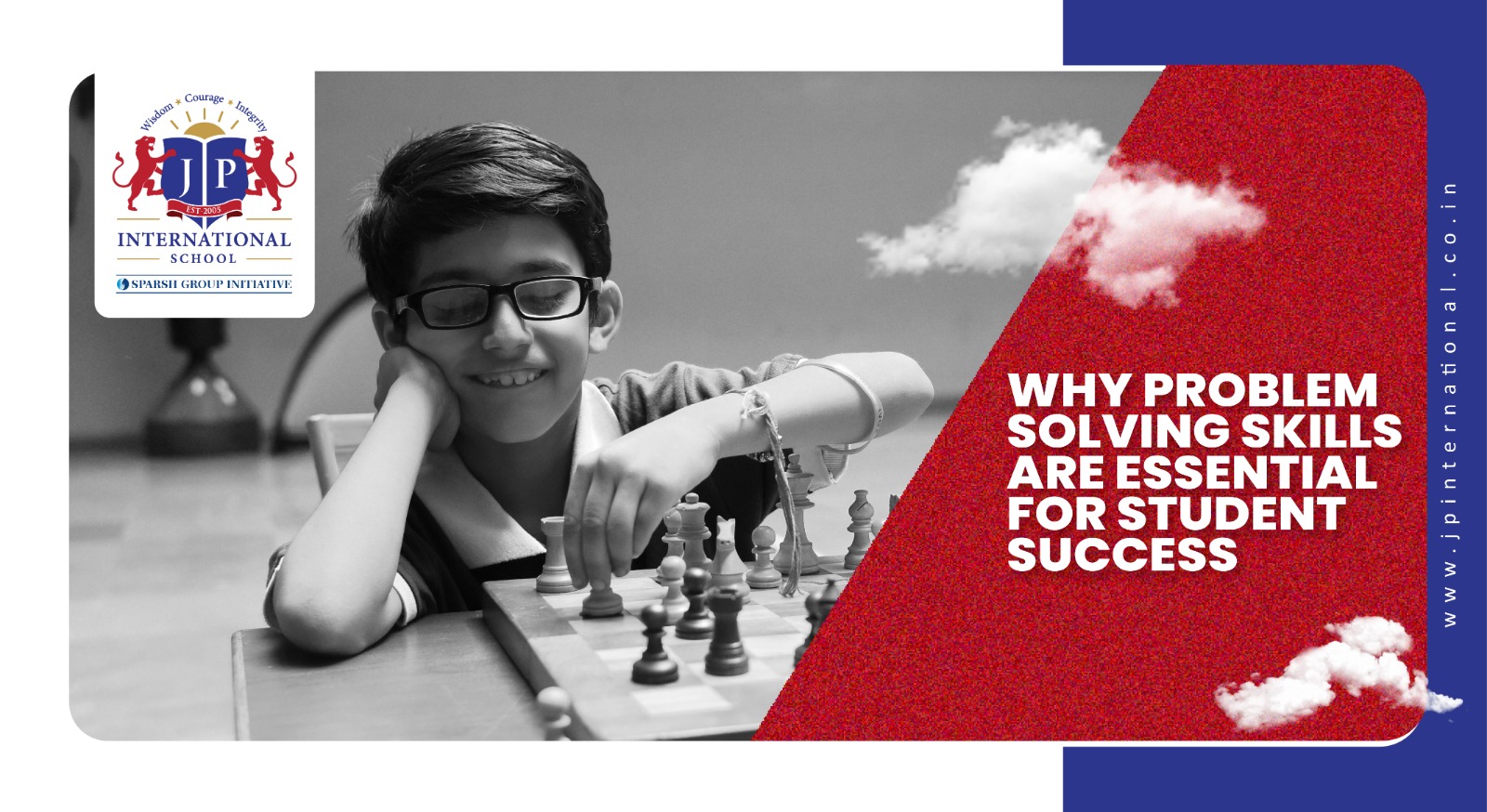
Academic excellence depends fundamentally on problem-solving abilities. Students who successfully solve complex questions alongside unfamiliar material, perform better through their evaluation, analysis and effective solution identification. The subjects of mathematics, along with science and humanities, depend on critical thinking and logical reasoning skills to break down challenges into smaller workable steps.
Students who solve problems by design eventually achieve a deeper understanding of classroom material and succeed in their assessments. By solving academic challenges through problem-solving, their journey becomes more interesting, helping them develop curiosity and a love of educational content.
Students mastering problem-solving abilities develop creativity by using non-traditional methods to find solutions. In this process, students break away from memorisation because they gain motivation to discover innovative ideas and test various techniques, which leads to original solutions.
An innovative intellectual framework proves essential in today's value-based corporate economy. Students who develop flexible thinking and adaptive skills get essential preparation for scientific and engineering fields, artistic pursuits and other career paths. Students also build resilience when they learn to turn their errors into opportunities for personal development through creative problem-solving approaches.
Students must tackle several scenarios outside classrooms that require rational decision-making and logical reasoning. They need the ability to evaluate their options to make the best decision when settling disputes between peers, effectively managing their time or planning their future.
Students with problem-solving abilities can manage stressful environments by remaining calm. This is followed by practical risk assessment, consequence evaluation and challenge-response through constructive actions. These experiences build confidence and competence to handle adult life uncertainties.
Self-efficacy functions as a direct result of problem-solving ability. Successfully tackling hard tasks strengthens student confidence in their abilities. This newfound confidence becomes a catalyst that lets them tackle larger tasks while maintaining their belief in their ability to achieve.
When students learn to tackle problems independently, they develop increased autonomy in decision making. They also learn vital life skills when they become comfortable making choices and taking active responsibility.
Problem-solving exists outside of individual work settings. School projects and team activities often demand that students collaborate to find solutions. Through collaborative tasks, students develop skills to actively listen to and respect various opinions while effectively expressing their thoughts.
By facing shared problems together as a team, students can enhance their emotional and social development. Teachers who train students to collaborate effectively and communicate clearly provide essential workplace competencies for their future careers.
Teaching professionals are key assets in developing problem-solving abilities. Teachers create research-friendly classrooms where students feel safe experimenting freely and taking calculated risks. Schools that use project-based learning together with open-ended assignments and real-world simulations achieve excellent results in student skill development.
Parents can help their children develop problem-solving abilities by incorporating them into their daily choices and teaching them to think independently. Assisting children to work through their reasoning enables them to take ownership of their learning through their thoughts and actions.
Modern business demands personnel with critical thinking, understanding and creative capacities, as well as the ability to adapt successfully to constant market changes. Problem-solving abilities for students means not just passing tests, but building the groundwork for future success.
The JP International School integrates problem-solving into all subjects across its curriculum. By implementing innovative teaching approaches, the school focuses on developing critical thinking alongside creativity and collaboration. Students start working independently through challenges while developing their thinking skills from their school days.
Through classroom activities, interdisciplinary projects and co-curricular programmes, JP International School gives every student essential tool for success in their academic and real-world development. The educational atmosphere of inquiry and resilience creates capable and confident students who meet future standards with purposeful clarity.
Problem-solving skills are essential for academic success and in handling everyday challenges. Whether managing time, resolving conflicts or making important life decisions, the ability to think logically and calmly leads to more effective outcomes. These skills also help students build confidence, resilience and independence, which are vital in their personal and professional lives.
- JP International School31 May 2025
Education in institutions such as JP International School is about academics and creating well-ro...
24 May 2025
The 2025 CBSE results have reinforced JP International School’s position as a beacon of academi...
17 May 2025
Parents can help their children develop problem-solving abilities by incorporating them into thei...
10 May 2025
The educational approach at nursery level develops children comprehensively. Emotional growth, ph...
26 April 2025
Educators improve student learning results through the cultivation of intrinsic motivation, pract...
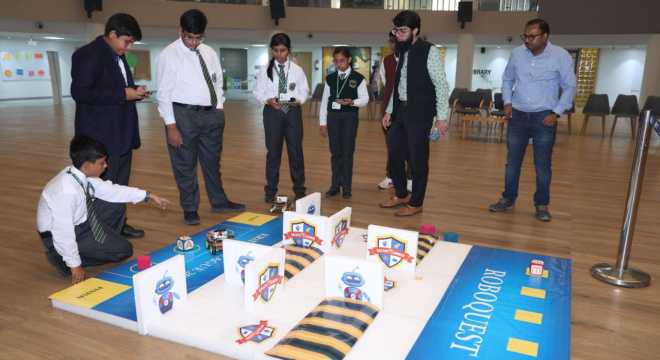 28 November 2024
28 November 2024
.jpg) 27 November 2024
27 November 2024
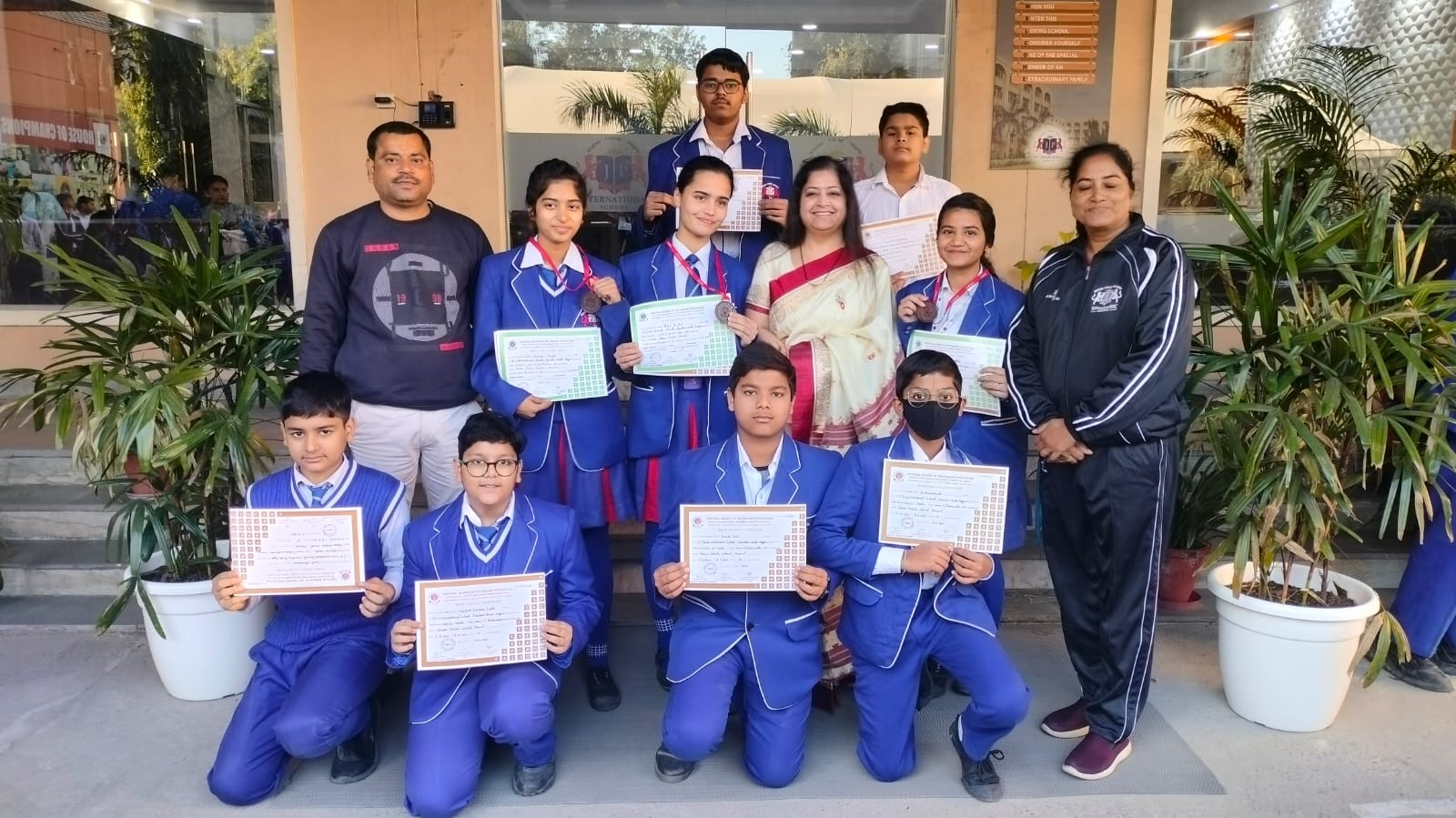 8 December 2022
8 December 2022
